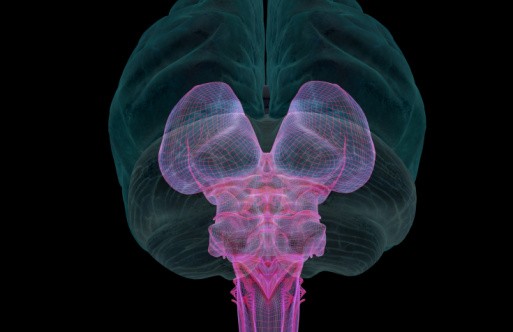The researchers made a new drug as a new Scripps Research and MIT research found that the brains of women with Alzheimer's disease had far more estrogen and cases of mutated immune protein that damages brain connections than those of males.

New research suggests spinal cord and brainstem are essential for processing touch signals as they travel to the brain
New Drug That Would Help People, Especially Women, Deal With Alzheimers
Medical Express said that over a hundred locations worldwide, including the University of Pennsylvania, are testing a novel medicine to prevent Alzheimer's.
It is known as lecanemab and is made up of antibodies that attach to the aberrant proteins that build up in Alzheimer's patients' brains.
For reasons still unclear, prior attempts to target these proteins did not significantly relieve the patients' symptoms.
Because the new medication is administered early in the course of the disease before brain function has begun to deteriorate, researchers expect it will be more successful.
How New Drug Works
The medication contains antibodies that are specifically designed to attach to and identify beta amyloid, the aberrant proteins in the brain.
The immune system reacts by expelling these protein molecules from the brain for destruction when the antibodies attach to them.
The medicine significantly reduced amyloid levels in the brains of individuals with early signs of the illness in a prior trial, which researchers published in November. However, the effect on the subjects' cognitive abilities was rather marginal.
The business has already submitted the study's findings to the FDA, which is anticipated to assess the medication in 2023 with a view to probable approval. That requires assessing the advantages against the possibility of adverse effects, which might include brain enlargement and hemorrhage.
The current trial is designed to see if the medicine is even more beneficial when administered to patients who have no symptoms.
Estrogen Plays a Part in Alzheimer's Disease
According to SciTechDaily, the data that estrogen plays a part in Alzheimer's disease suggests that SNO-C3 may be more prevalent in female Alzheimer brains. Therefore, the researchers hypothesized that estrogen may have protected female brains from C3 S-nitrosylation. When menopause occurs, however, this protection is reduced along with the decline in estrogen.
Studies concentrating on cultured human brain cells confirmed these hypotheses and demonstrated how SNO-C3 increases when estrogen levels fall.
According to Lipton, it has long been a mystery how common the illness is among women. He also says that their findings are a crucial piece of the puzzle that clarifies the likelihood that women may get the illness as they age.
The group wants to investigate additional substances that denitrosylate or eliminate the alteration of SNO. They want to see whether pathology may be reduced in animal Alzheimer models and, eventually, in people.
The study was just published in the journal Science Advances.
RELATED ARTICLE: Smartphone Use Could Cause Alzheimer's Disease Among Young People But Improve Memory of Old Adults With Dementia, Studies Claim
Check out more news and information on Medicine and Health in Science Times.














